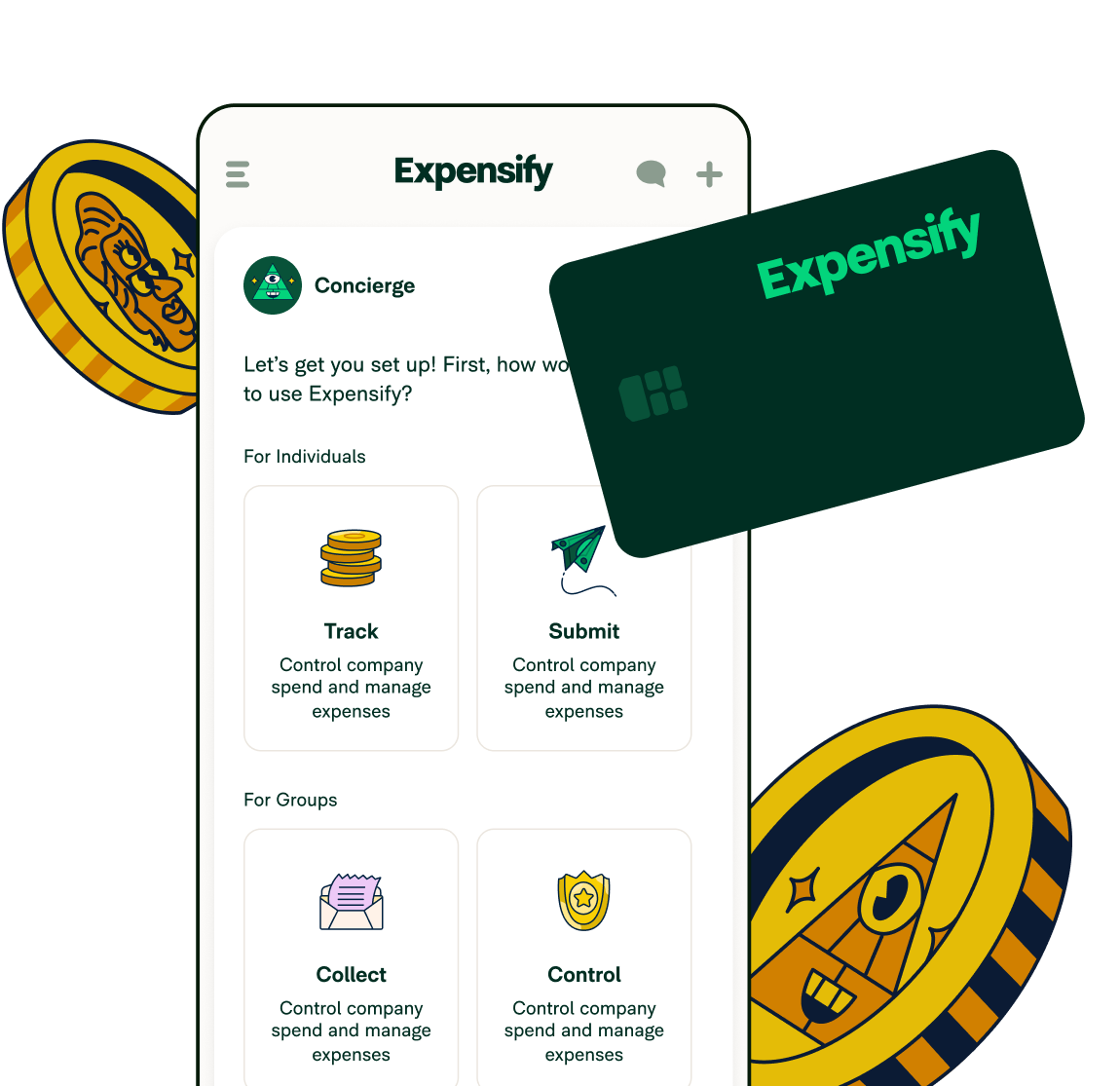The cost of convenience: ACH vs. other digital payments

Shaving a few dollars off each transaction might not sound sexy, but multiply those savings by hundreds of payments and, suddenly, you're talking serious money.
ACH transfers consistently emerge as the heavyweight champion of cost-effective business payments, but there's more to smart money movement than just fees. Speed, convenience, and security all play crucial roles in choosing the right payment method for each situation.
In this guide, we’ll cut through the complexity and figure out exactly when each payment method deserves a spot in your financial toolkit.
Key takeaways
- ACH transfers are cost champions: Typically costing $0–$3 per transaction compared to 2.5–3.5% for credit cards
- Processing time matters: Standard ACH takes 1–3 business days, while same-day options are available for time-sensitive needs
- Volume amplifies savings: For businesses processing numerous transactions, ACH savings can reach thousands monthly
- Expensify never passes ACH fees to members: Send money through Expensify without worrying about added transfer charges
- Smart payment strategy uses multiple methods: Choose the right tool for each situation based on timing, amount, and recipient needs
What is ACH and how does it work?
The Automated Clearing House (ACH) network is the backbone of electronic payments in the United States. This national system processes large volumes of credit and debit transactions in batches, enabling everything from direct deposits to bill payments.
When you initiate an ACH transfer, your financial institution sends the payment instructions to the ACH network, which then routes the transaction to the recipient's bank. The entire process typically takes 1-3 business days, though same-day ACH options are now available for an additional fee.
What is an ACH fee?
An ACH fee is a charge assessed for processing electronic transfers through the Automated Clearing House network. These fees are typically lower than other payment methods because ACH processes transactions in batches rather than individually, creating economies of scale.
The fee structure varies widely depending on your financial institution, transaction volume, and relationship with your bank. You might encounter ACH transfer fees from:
Your bank or credit union
Payment processing platforms
Accounting or expense management software
Third-party payment services
Most businesses find that, despite these fees, ACH remains the most cost-effective option for regular electronic transfers. Understanding an ACH fee's meaning is simple: you're paying for the convenience of electronic money movement through a secure, established network.
For clarity, Expensify does not charge members ACH fees. While Expensify does get charged a fee per transfer, members get to use our ACH reimbursement with no additional charge. It’s included in the monthly cost.
Types of ACH transfers
ACH transactions fall into several categories, each serving different payment needs:
Direct deposits: Payroll, tax refunds, and government benefits
Direct payments: Recurring bills, subscriptions, and one-time vendor payments
Same-day ACH: Expedited transfers processed within hours (for an additional fee)
B2B transactions: Business-to-business payments processed through platforms like Expensify
Common ACH fees explained
Understanding the various ACH-related charges helps you better manage your payment strategy:
ACH transfer fees: Basic charges for sending money via ACH, typically ranging from $0.20 to $1.50 per transaction
ACH return fees: Penalties when transfers fail due to issues like closed accounts or insufficient permissions ($2-$5)
ACH NSF fees: Non-sufficient funds charges when an account lacks adequate funds ($20-$35)
Same-day processing fees: Premium charges for expedited same-day transfers ($1-$10; avg. $1.25-$1.50)
Setup fees: One-time charges for establishing ACH payment capability ($0-$50)
The NSF ACH fee is often the most expensive of these charges, so maintaining adequate account balances is essential for cost control.
Comparing ACH fees to other payment methods
While ACH transfers typically win the cost battle, they're not always the fastest option in the digital payments race. So, when should you opt for the economical ACH route, and when is it worth shelling out extra for speed?
To understand whether ACH makes financial sense for your business, let's check out how its costs stack up against alternative payment options:
| Payment method | Typical fee structure | Avg. cost $1,000 payment | Processing time |
|---|---|---|---|
| ACH transfer | Flat fee ($0.20–$1.50) | $0.75–$3 | 1–3 business days |
| Credit card | 2.5%–3.5% + $0.10–$0.30 | $25–$35 | Instant |
| Wire transfer | Flat fee ($25–$50 domestic) | $25–$50 | Same day |
| Digital payment apps | 2.5%–3% for businesses | $25–$30 | Instant to 1–3 days |
| Paper checks | $3–$6+ total cost | $3–$6+ | 5–7 business days |
Credit card processing fees
Credit cards offer instant payment, but at a cost: typically 2.5%-3.5% per transaction plus fixed fees.
While expensive, credit cards provide benefits like immediate payment confirmation, wide acceptance, and potential rewards programs for the payer.
Wire transfer fees
Wire transfers are fast but expensive, ranging from $25-$50 domestically and $35-$75 internationally.
Despite higher costs, wires make sense for time-sensitive, high-value transactions where certainty of payment is critical.
Digital payment app fees
Apps like PayPal and Venmo charge 2.5%-3% for business use, with instant transfers costing 1%-1.5% extra.
These platforms offer excellent integration capabilities and familiar interfaces but can become expensive for high-volume operations.
Paper checks
Though seemingly inexpensive, paper checks carry hidden costs:
Direct expenses (check stock, printing, postage)
Indirect costs (staff time for preparation, mailing, reconciliation)
Delayed funds availability
Higher fraud risk and error rates
When accounting for all associated expenses, checks often cost $4-$20 per payment – significantly more than electronic alternatives.
When ACH makes financial sense
There are all shapes and sizes to payments, with constant innovation happening. Regardless, ACH remains one of the most efficient and inexpensive options to move money. It’s one of the reasons why nearly every major financial company relies on it, including Expensify.
ACH transfers offer compelling advantages in several common business scenarios:
High-volume, recurring transactions
Businesses with regular, predictable payment needs often benefit most from ACH:
Subscription business models with numerous monthly charges
Membership organizations collecting regular dues
Property management companies handling rent payments
Service providers with retainer-based billing
For example, a SaaS company processing 500 customer payments monthly would pay approximately $1,500 in credit card fees (at 3%) versus potentially $0-$500 using ACH, generating annual savings of $12,000-$18,000.
Large B2B payments
When transferring significant sums between businesses, percentage-based payment methods become prohibitively expensive:
A $50,000 vendor payment could cost $1,250-$1,750 via credit card
The same transaction via ACH might cost just $0-$3
Payroll processing
Direct deposit via ACH has become the standard for payroll for good reasons:
Consistent, predictable timing
Lower costs compared to check printing and distribution
Reduced administrative burden and error rates
Enhanced security and compliance
Predictable payment schedules
When you can plan transfers in advance, ACH provides optimal cost efficiency:
Regular vendor payments can be scheduled to process automatically
Bill payments can be timed precisely to maximize cash flow
Expense reimbursements can be batched for greater efficiency
When faster payment methods justify the cost
Sometimes, speed outweighs cost considerations:
Emergency payments
Urgent situations may warrant premium payment options such as:
Critical vendor deliveries requiring immediate payment
Service restoration payments during business interruptions
Last-minute tax or regulatory fee payments
Consumer-facing payments
Customer expectations sometimes necessitate faster options:
Refunds and reimbursements where customer satisfaction is paramount
Competitive markets where payment speed influences purchasing decisions
High-value client relationships where convenience signals service quality
International transactions
Cross-border payments involve unique considerations:
Currency conversion requirements
Compliance with international regulations
Timing challenges across different banking systems
Cash flow constraints
Tight cash management sometimes requires payment timing control:
Just-in-time payments to maximize working capital
Cash flow gaps requiring precise payment scheduling
Vendor early payment discounts that exceed expedited payment costs
Minimizing payment processing costs
Strategic approaches can help reduce transaction expenses across all payment methods and answer the question: Is there a fee for ACH transfers that can be reduced or eliminated?
Negotiate better rates
Many businesses overlook the potential for improved payment terms:
Banks often provide volume discounts for high-transaction customers
Long-term banking relationships may qualify for fee reductions
Payment processors frequently match competitive offers
Batch transactions when possible
Consolidating multiple payments creates efficiency:
Group vendor payments to minimize per-transaction fees
Schedule regular payment runs rather than processing one-offs
Utilize payment platforms that optimize batching automatically
Implement proper verification
Proactive validation reduces costly errors:
Verify account information before processing payments
Implement account validation services to confirm bank details
Monitor account changes to prevent failed transactions
Maintain adequate balances to avoid NSF charges
Consider payment timing strategically
Thoughtful scheduling optimizes payment costs:
Plan regular payments to avoid rush fees
Consider cash flow patterns when choosing payment methods
Balance early payment discounts against funds availability
Choosing the right payment method
The optimal payment strategy typically involves multiple methods based on specific circumstances:
Use ACH for: Regular vendor payments, payroll, predictable expenses, and high-volume transactions
Use credit cards for: Small purchases, travel expenses, subscription services, and situations requiring dispute protection
Use wire transfers for: Time-critical large payments and international transactions requiring guaranteed delivery
Use digital payment apps for: Quick payments to contractors, small vendors, or situations where convenience outweighs fees
Use checks for: Payments to entities unable to accept electronic transfers or when documentation requirements mandate paper
How Expensify eliminates ACH fee friction
While many financial platforms pass ACH fees on to customers, Expensify takes a refreshingly different approach. Here's how Expensify makes ACH transfers better for everyone:
Zero fee pass-through
We never pass ACH fees to members. Whether you're:
Reimbursing employees
Paying contractors
Settling vendor invoices
Sending international payments
You'll pay exactly what you intend to send, with no hidden transfer charges eating into your payment amounts.
Streamlined transfer process
With Expensify, you get:
Easy payment initiation right from your expense reports or invoices
Simple batch processing for multiple payments
Clear transaction tracking and reconciliation
Integration with your existing accounting systems
Same reliability, greater convenience
Expensify maintains all the security and reliability benefits of traditional ACH while eliminating the complexity:
Bank-level encryption and security protocols
Simplified approval workflows
Automatic receipt matching
Comprehensive payment history
Global capabilities without global headaches
International transfers typically come with even higher fees, but our global reimbursement system gives you:
Consistent fee-free experience regardless of destination
Support for multiple currencies
Compliance with international banking regulations
Faster settlement than typical cross-border ACH
By removing fee friction, Expensify transforms ACH from merely the most economical option to the fastest, smartest, and easiest payment choice for most business transactions.
FAQs about ACH payments and fees
-
Yes, usually between $0.20 and $3 per transaction, depending on your bank or platform.
And, remember: Expensify does not charge ACH fees for members.
-
It's the fee assessed for processing through the ACH network – including transfer, return, or same-day processing fees.
-
ACH stands for Automated Clearing House, the network enabling secure batch processing of electronic payments.
-
Yes, though regulations about passing fees to customers vary by state.
-
An ACH rate refers to the cost structure – usually a flat fee per transaction – charged for processing ACH payments.
Sources:





